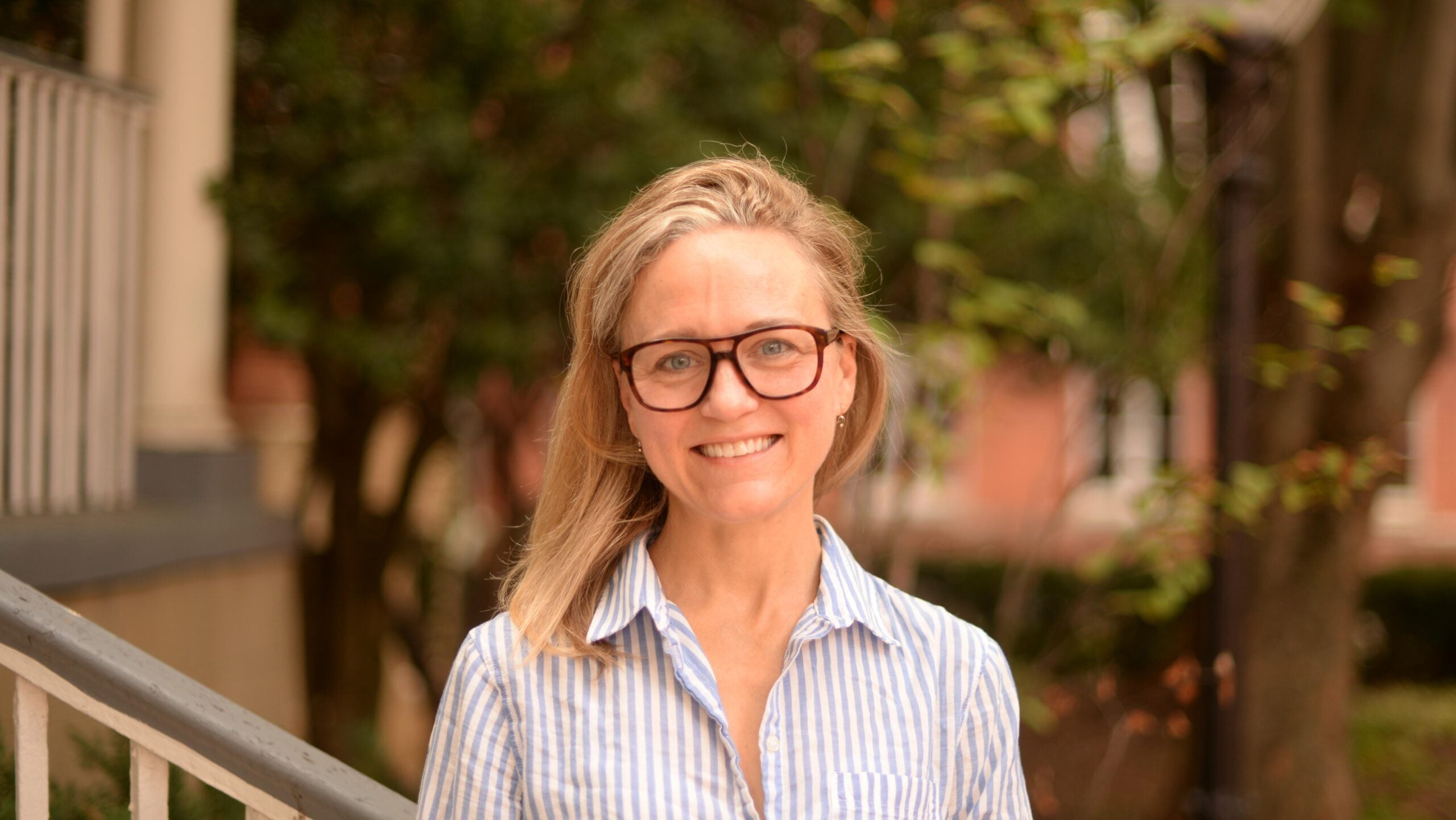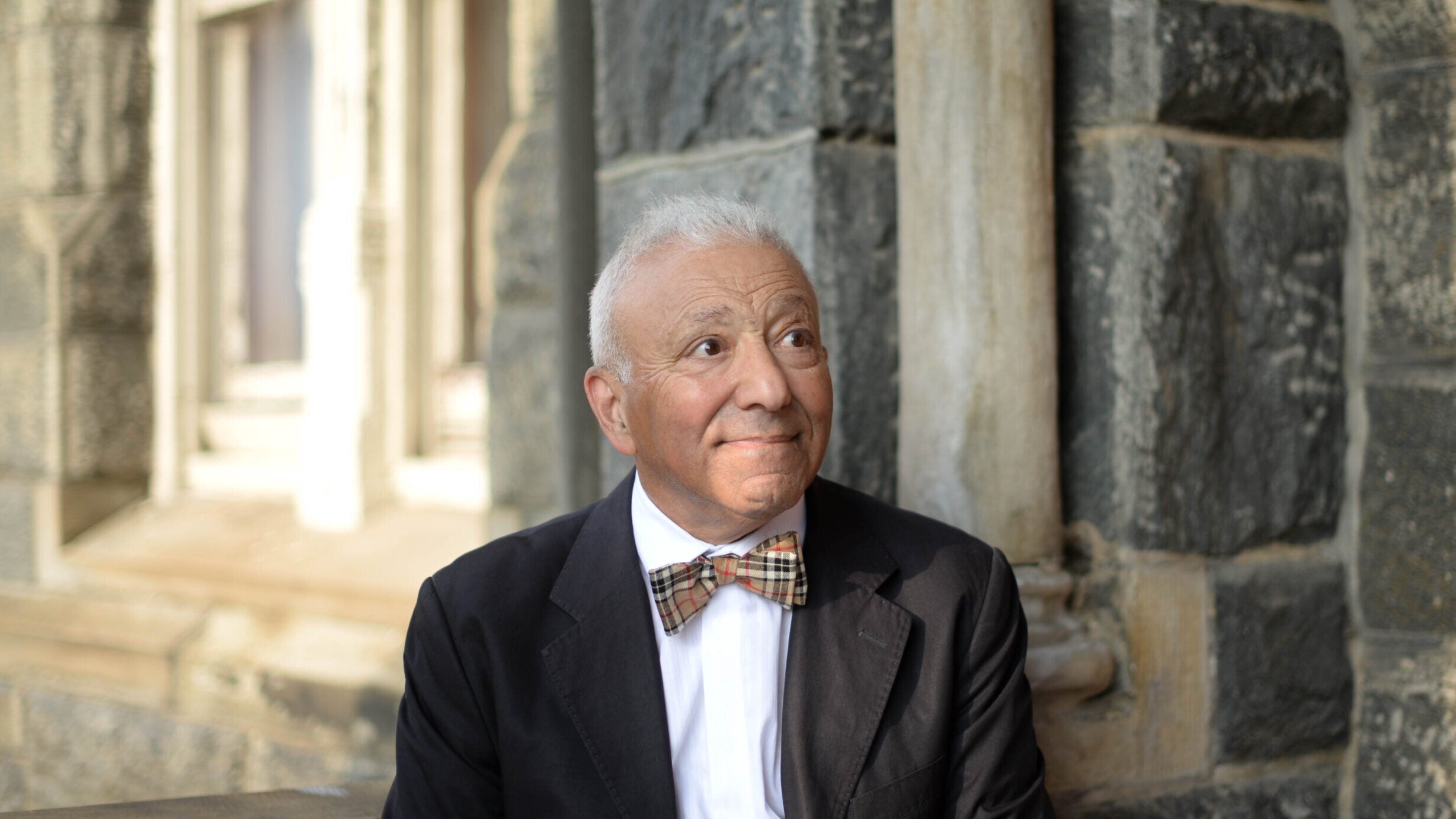As questions of economic, social and political equality dominate the national discourse, an international team of researchers seeks to define the psychological relationship between a belief in economic mobility and opportunity hoarding.
Their recently published paper, “Economic mobility and parents’ opportunity hoarding,” establishes a causal link between a personal belief in the American Dream and behaviors taken by parents to secure preferential educational and economic opportunities for their children.
“We know that a belief in economic mobility is important to parents’ sense of optimism about their children’s futures, but our findings suggest that a strong belief in upward mobility may also encourage higher-income parents to reinforce societal inequity through different forms of opportunity hoarding,” said Rebecca Ryan, one of the paper’s co-authors and professor in the Department of Psychology.
The American Dream: Attained or Retained?
The paper, which comprises two separate surveys, began with the research team attempting to understand how parents at different levels of the socioeconomic ladder viewed the American Dream and how, if at all, those opinions influenced their perception of redistributive policies.
“Our team wanted to understand how parents’ beliefs about economic mobility in our society — how likely it is that children born at the bottom of the income ladder can move up the ladder by adulthood and how likely it is that children born at the top move down — inform their sense of fairness about policies and individual behavior that affect low and high-income students differently,” said Ryan.
The initial survey, which probed more than 1,500 American parents, found a correlation between belief in the American Dream and positive attitudes towards opportunity hoarding.
“High-income parents who see upward mobility as a real possibility had less support for redistributive policies than respondents earning less, who were more likely to support redistributive policies,” said Ryan. “In our correlational survey, we found that belief in upward mobility also predicted greater acceptance of what we call opportunity hoarding, individual behaviors that benefit some students over others, like talking to a teacher to change a grade or making a donation to a school to increase a child’s chance of admittance.”
A second survey, which sought to establish a causal relationship, had respondents watch videos before answering survey questions. One video emphasized the possibility of upward mobility in the United States and the other emphasized the opposite.
“We found that high-income parents assigned to the upward mobility condition reported less support for redistributive policies that benefit low-income students than high-income parents in the downward mobility condition, but we found no effect of condition on lower-income parents,” said Ryan.
Ryan worked on the research in collaboration with her colleagues from Northwestern University, California Polytechnic State University, the Norwegian School of Economics and the University of Chicago. Their paper was published this month in the Proceedings of the National Academy of Sciences of the United States of America, the peer-reviewed journal of the National Academy of Sciences.
On campus, Ryan conducts research in the Child Development & Social Policy Lab, which produces research focused “on understanding and strengthening families and educational settings as the key agents of change for young children.”
Ryan’s research explores the implications of low income for children’s home environments and the relationship between parenting and children’s development in at-risk contexts.
Related Stories
How Omniculturalism Can Help Humanity Tackle Society’s Most Pressing Problems
Fathali Moghaddam is concerned about humanity’s ability to unite, on a mass scale, and address global concerns, from climate catastrophe to extreme wealth concentration, war and famine.
Read Professor Moghaddam’s StoryNew Report Outlines Best Practices for Parents and Educators in the Digital Age
A research review from developmental psychologist Rachel Barr provides recommendations for how parents and educators can reap the benefits of digital media while mitigating many potential downsides.
Read Professor Barr’s Story

